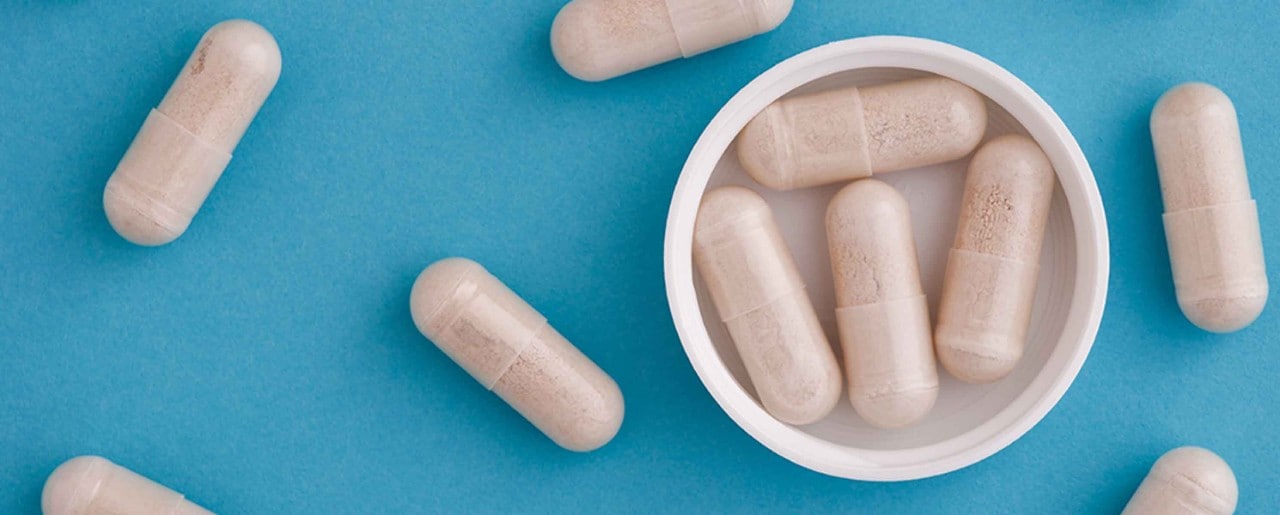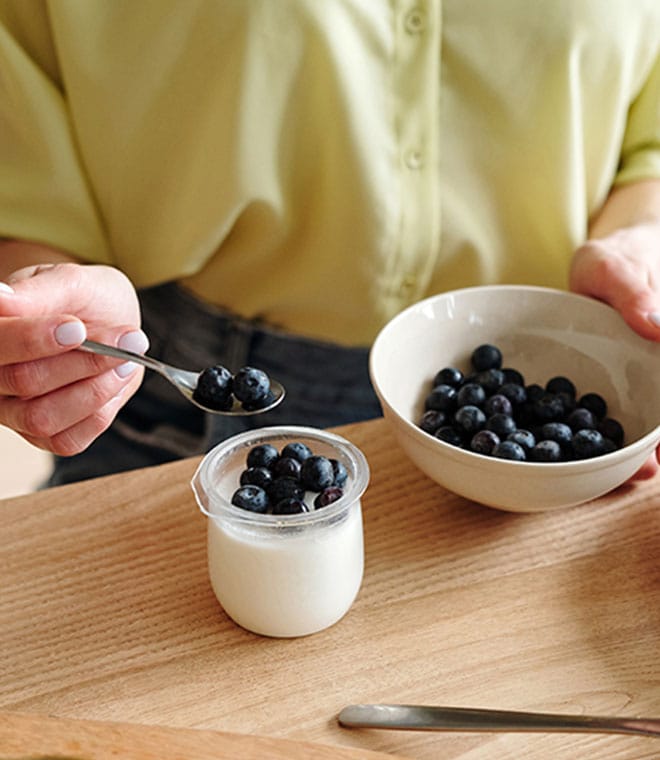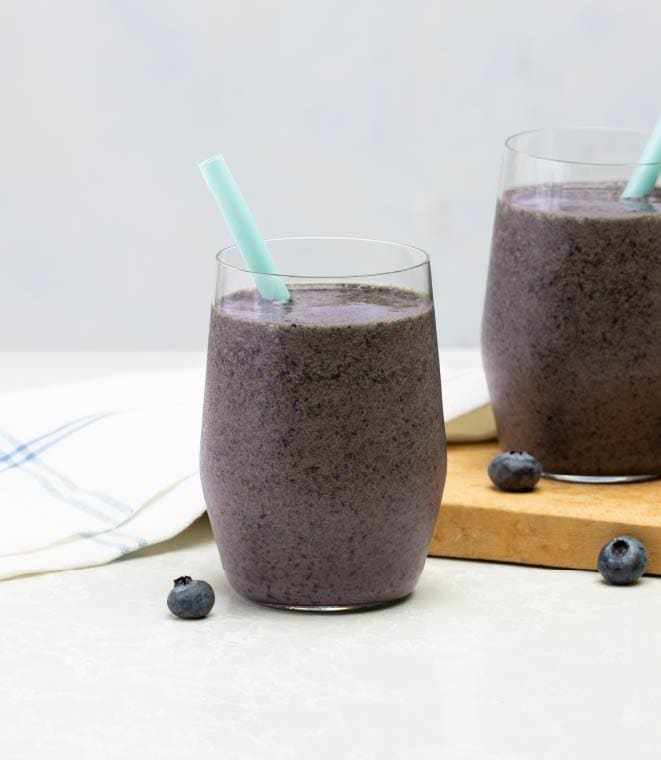Wellness
Probiotics overview: How they work and when to take
By Jordan Shute, MS, RD, LD Apr 22, 2024 • 4 min
Probiotics are live microorganisms that can provide health benefits when consumed. Think of probiotics as good bacteria. Yes, there's such a thing as good bacteria. In fact, there are trillions of them inside your body right now helping support many bodily functions. It might seem like probiotics are everywhere these days. They're found in foods such as yogurt and sauerkraut, beverages like fermented tea and probiotic dietary supplements in many forms.
How do probiotics work?
Probiotics, the “good” bacteria, are thought to work by limiting the growth of harmful bacteria in your gut. There are many probiotics, but the three you're most likely to find on supplement and nutrition labels are: Lactobacillus, Bifidobacterium and a yeast called Saccharomyces boulardii.
You can add probiotics to your diet by eating fermented foods, such as yogurt and sourdough bread. You can also drink fermented beverages like kefir and kombucha.
Probiotics also come in supplement form as capsules, pills and powders. Supplements are not drugs and are not approved by the U.S. Food and Drug Administration (FDA). It's important to talk with your healthcare provider to ask if a probiotic supplement could be right for you.
What do probiotics do?
Probiotics do many things in our bodies, and different probiotics may help:
- Maintain a balance between the good and bad bacteria living in your digestive tract
- Digest food and process medicine
- Support immune function
- Improve symptoms associated with various digestive disorders, such as irritable bowel syndrome, ulcerative colitis and Crohn's disease.
Do probiotics work?
Researchers have studied probiotics for use in many different medical conditions and across various populations. While results haven’t been consistent, research shows that probiotics may have a positive effect on some common medical conditions, such as:
- Gastrointestinal disorders such as constipation and diarrhea
- Allergies such as hay fever
- Dental disease such as tooth decay and gum disease
- Asthma
How long does it take for probiotics to work?
Probiotics may work quickly for some people and may take longer to work for other people, depending on the probiotic strain and dosage. The bacteria inside your gut may be different from the bacteria in someone else's gut. If two people, even identical twins, take the same dose of a probiotic, they may have different outcomes.
When to take probiotics
If you choose to take a probiotic supplement or eat probiotic-rich food, it can generally be done at any time of the day. There is not enough evidence to suggest that there is a best time of day to take probiotics.
Can you take too many probiotics?
More research is needed to know if you can take too many probiotics. While probiotics are generally considered safe, probiotics may not be advised for some people with certain medical conditions or a weakened immune system. Some people have also reported side effects from consuming probiotics, including nausea, diarrhea and bloating.
Probiotics are strains of beneficial bacteria that can help our gut to maintain balance. While they are being studied for their potential benefit on health, there are currently no official recommendations for probiotic use by healthy people. If you want to try adding a probiotic supplement to your daily routine, ask your healthcare provider for advice about which probiotic to choose, what dose to take, and how long to use the product.
Clinically reviewed and updated April 2024.
- https://www.health.harvard.edu/vitamins-and-supplements/health-benefits-of-taking-probiotics
- https://www.nccih.nih.gov/health/probiotics-what-you-need-to-know
- https://my.clevelandclinic.org/health/articles/14598-probiotics
- https://www.cdc.gov/antibiotic-use/q-a.html
- https://www.health.harvard.edu/staying-healthy/should-you-take-probiotics
- https://www.biologyonline.com/dictionary/colony-forming-unit
- https://ods.od.nih.gov/factsheets/Probiotics-Consumer/#h1




